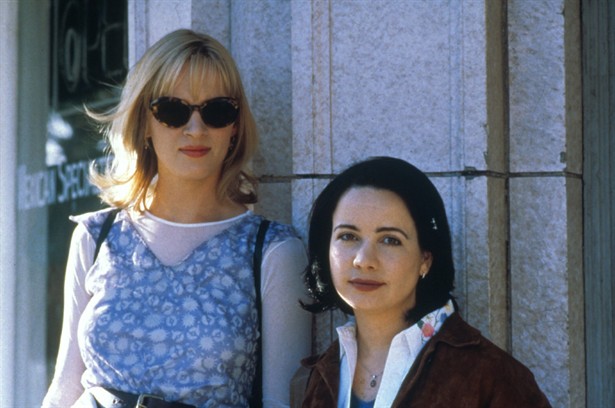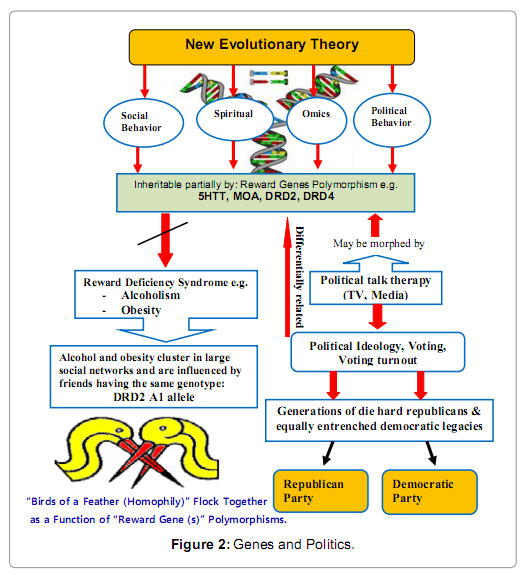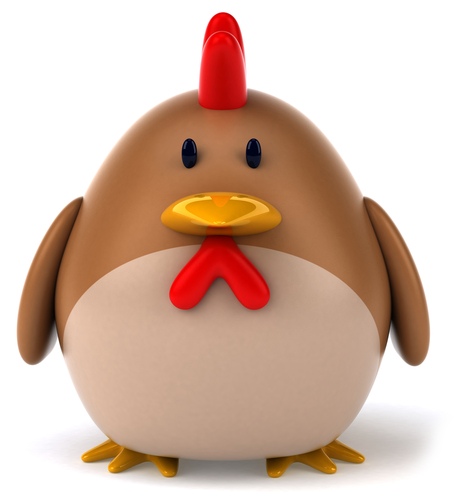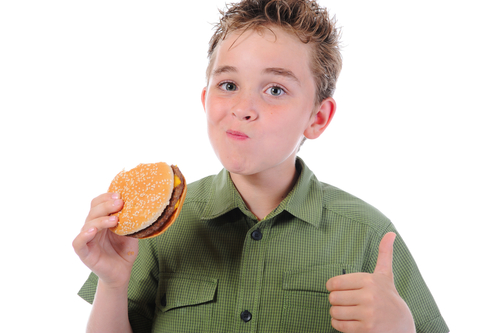There is one thing men know about women; they are willing to believe anything about you if you just put forth the effort to fool them a little. A tuxedo in the eyes of a woman, for example, adds $10,000 to your income and knocks 10 lbs. off your weight.
Now, it doesn't really do any of those things, even social psychologists would not believe something so silly, but women are willing to give you credit for trying; namely spending 50 bucks on an ill-fitting suit and enduring patent leather shoes for an evening.
More high school students are taking math and science classes - a good thing, we all want more science literacy - but the U.S. Education Department, in its quest to stop people from wondering how it still exists after 33 years of education not being a federal prerogative, cautions that scores have stagnated.
To people not trying to rationalize their jobs, and not in the scare journalism business, that simply means we had nearly 50% fewer people in 1970 but we have a lot more now and the same percentage are good at math and science. Math and science remain hard.
That's why smarter people do it.
We tend to associate with people we like and that like us because they are like us - so it's no surprise I hang out with wickedly smart, outrageously attractive people. Long-term relationships, even non-sexual ones with women as ridiculously awesome as me, are part of what separates us from food...I mean, other animals. Well, sort of. Maybe birds do that too.
Sometimes you set out to test for antibiotics but get a bonus; in this case, diphenhydramine, arsenic, and fluoxetine.
Yikes.
"Contact", Carl Sagan's 1985 novel about man's contact with extraterrestrial life and where it takes us, was, like all good stories, modeled around real characters.
The book was okay but the movie "Contact" had Jodie Foster, who I would contend had the most convincing portrayal of a scientist in film ever, and that made it special. Where did she get her inspiration? The same place Carl Sagan did; from Jill Tarter, the director of the Center for SETI Research at the SETI Institute.
I'll tell you a secret a chef told me. That secret is...butter.
There is a reason restaurants that seek to charge the same for 'healthy' fare end up being big flops; people feel cheated eating bean sprouts they can make at their house. No one cares about how much butter is in a dish when they go to a restaurant because it is a night out, a special occasion. Calories are basically unimportant and taste remains supreme. We want to eat something prepared by someone who only cares what we think about its flavor.
Obviously the human body was not designed to eat at a restaurant every evening. If you do that, and you don't exercise, you are going to get fat.
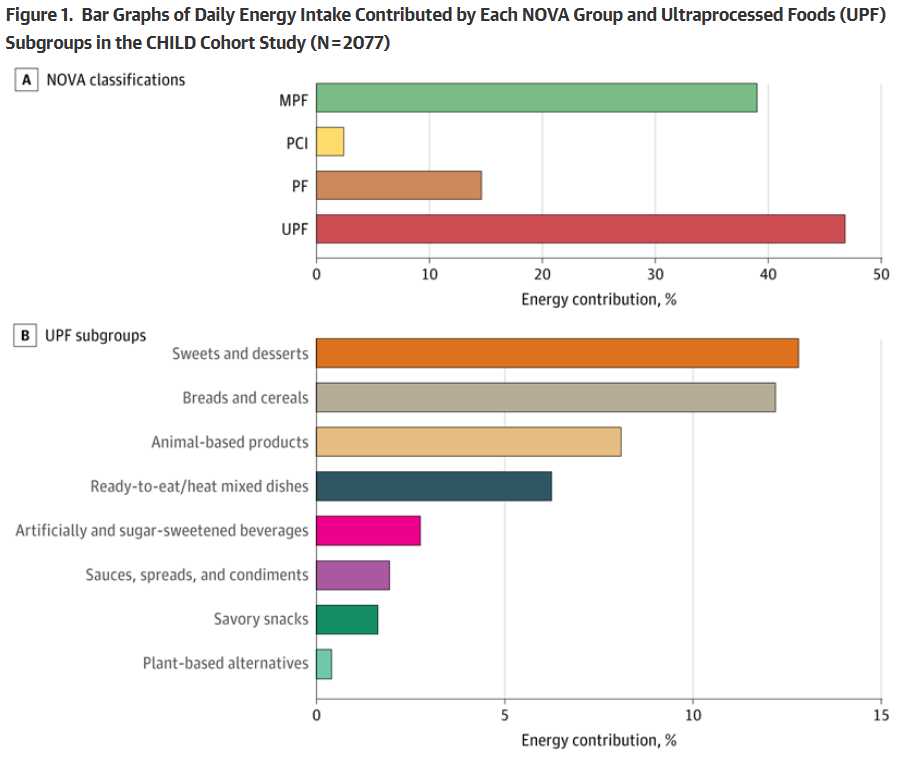 Canadian Epidemiologists Claim Processed Foods Cause Bad Kids
Canadian Epidemiologists Claim Processed Foods Cause Bad Kids What AI Can't Do: Humanity’s Last Exam
What AI Can't Do: Humanity’s Last Exam Does NBA Income Inequality Impact Team Performance?
Does NBA Income Inequality Impact Team Performance? Dogs And Coffee: Finally, Epidemiology You Can Trust
Dogs And Coffee: Finally, Epidemiology You Can Trust


